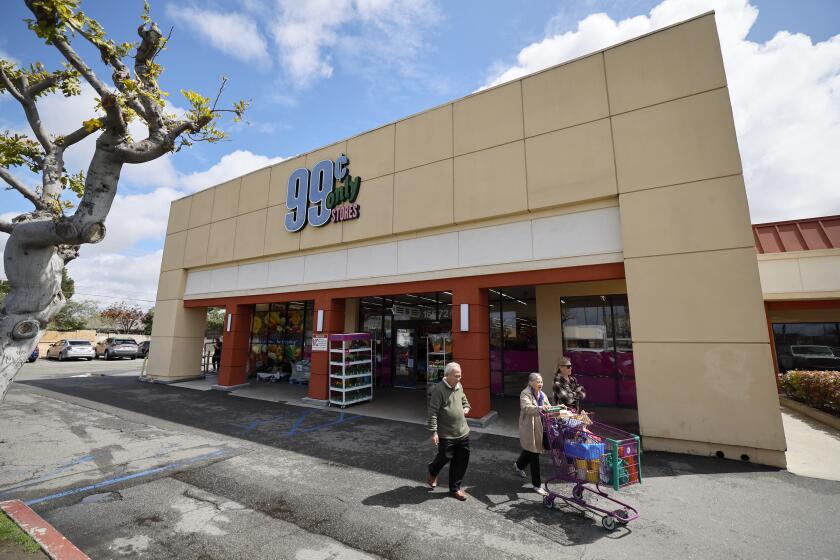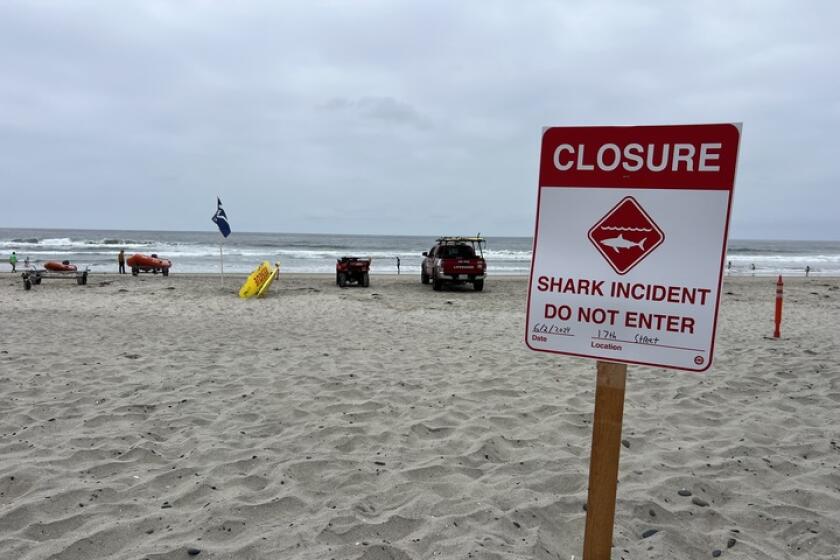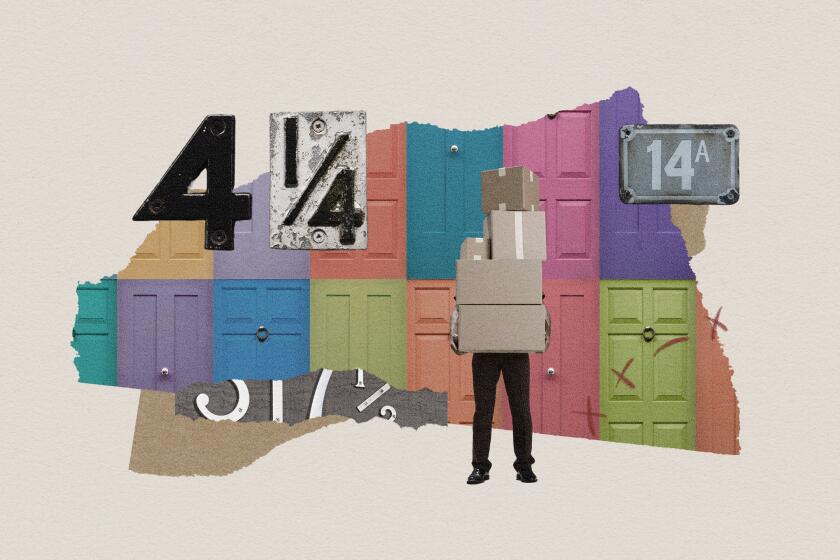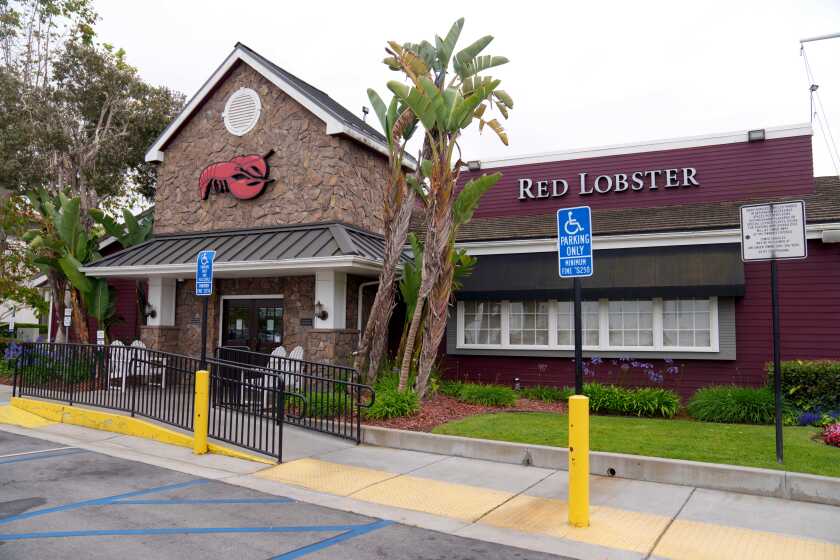Marisa Gerber is an enterprise reporter at the Los Angeles Times. Before joining the Business desk, where she writes narrative stories about economic change in the state and elsewhere, she spent several years writing for the Metro desk.
Gerber was a finalist for the Livingston Award in 2023 for a piece about a woman’s decision to die, and celebrate life, on her own terms. She was also part of the team of Los Angeles Times reporters who won a Loeb Award and were named as finalists for the 2023 Pulitzer Prize for Local Reporting for an investigative series examining inequities, corruption and a failure to protect workers in California’s recreational cannabis market.
She previously covered L.A. County’s criminal courts for The Times and, before joining the newspaper in 2012, wrote about life on the U.S.-Mexico border. She grew up in Nogales, Ariz., and graduated from the University of Arizona.
Latest From This Author
In the aftermath of the Eaton and Palisades fires, several companies with ties to the region have donated millions.
Meet the cannabis CEO who called out MedMen for unpaid invoices as it was spiraling toward bankruptcy in a collapse that further upended a troubled industry.
A civil lawsuit filed by two California district attorneys alleges that Kroger, which owns Ralphs grocery stores, misled customers with its bread calorie counts.
Dollar Tree, que opera cientos de tiendas en California, ha tomado el control de los arrendamientos en 170 ubicaciones de 99 Cents Only recientemente cerradas.
A 46-year-old ocean swimmer was attacked by a shark north of San Diego on Sunday morning. Water access will remain blocked until later in the week.
The shooter fired from the sunroof of a vehicle in downtown L.A., killing a passenger in another car.
Officials said a wildfire burning in San Joaquin County is 50% contained.
Dollar Tree, which operates hundreds of stores in California, has taken control of the leases at 170 recently shuttered 99 Cents Only locations.
As delivery culture increasingly dominates retail of all sorts, people living at the city’s fractional addresses are left scrambling.
In a court filing, the Orlando, Fla.-based company said it has more than 100,000 creditors and between $1 billion and $10 billion in estimated liabilities.








